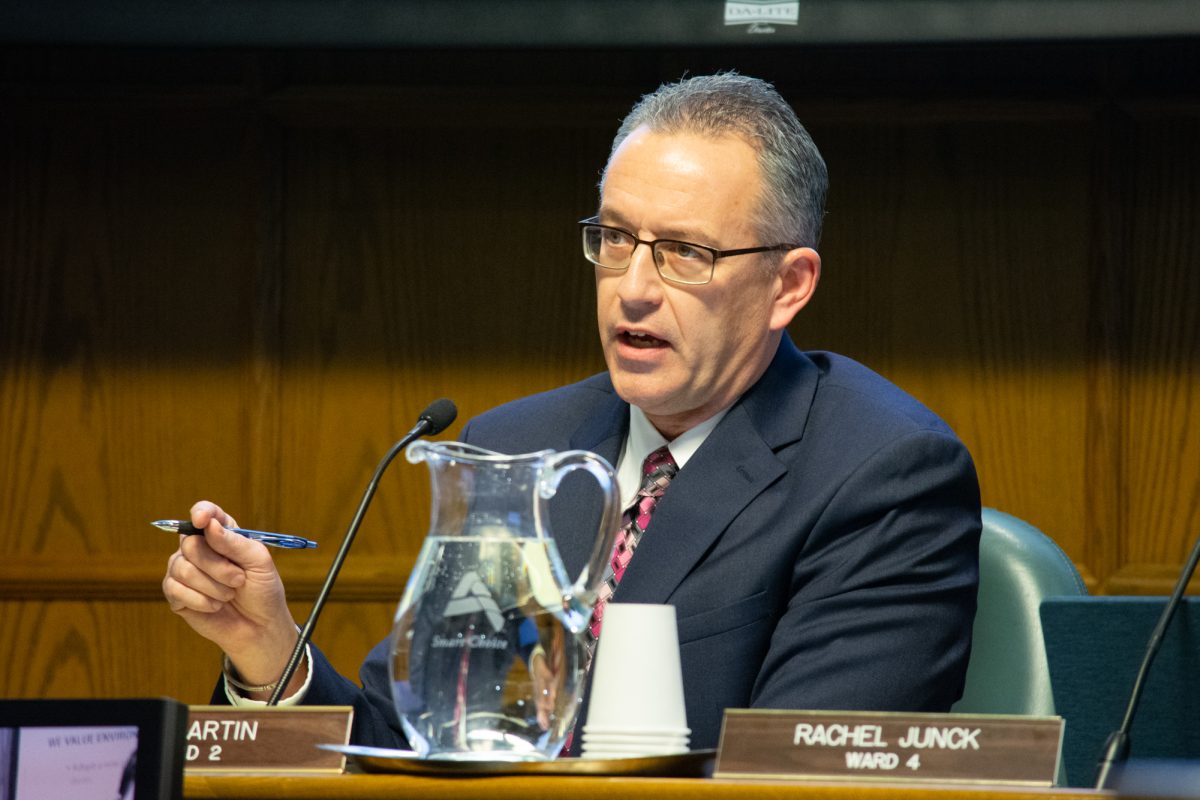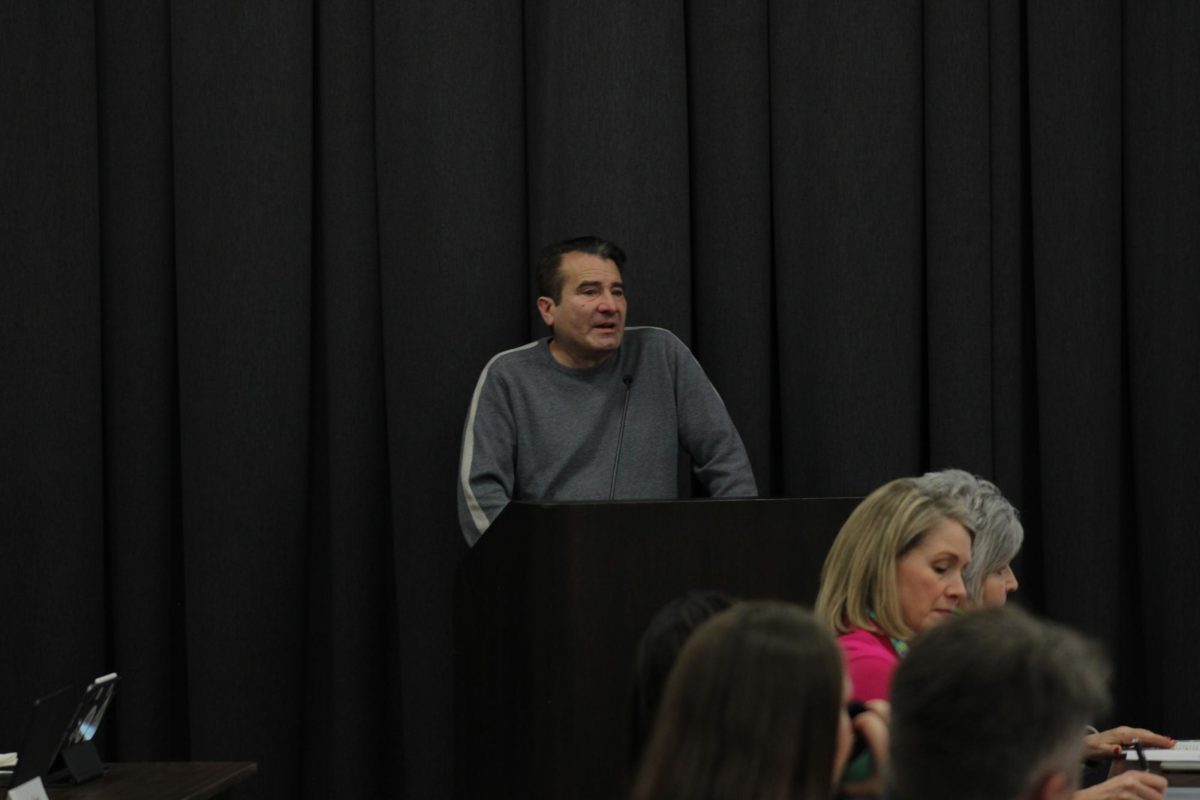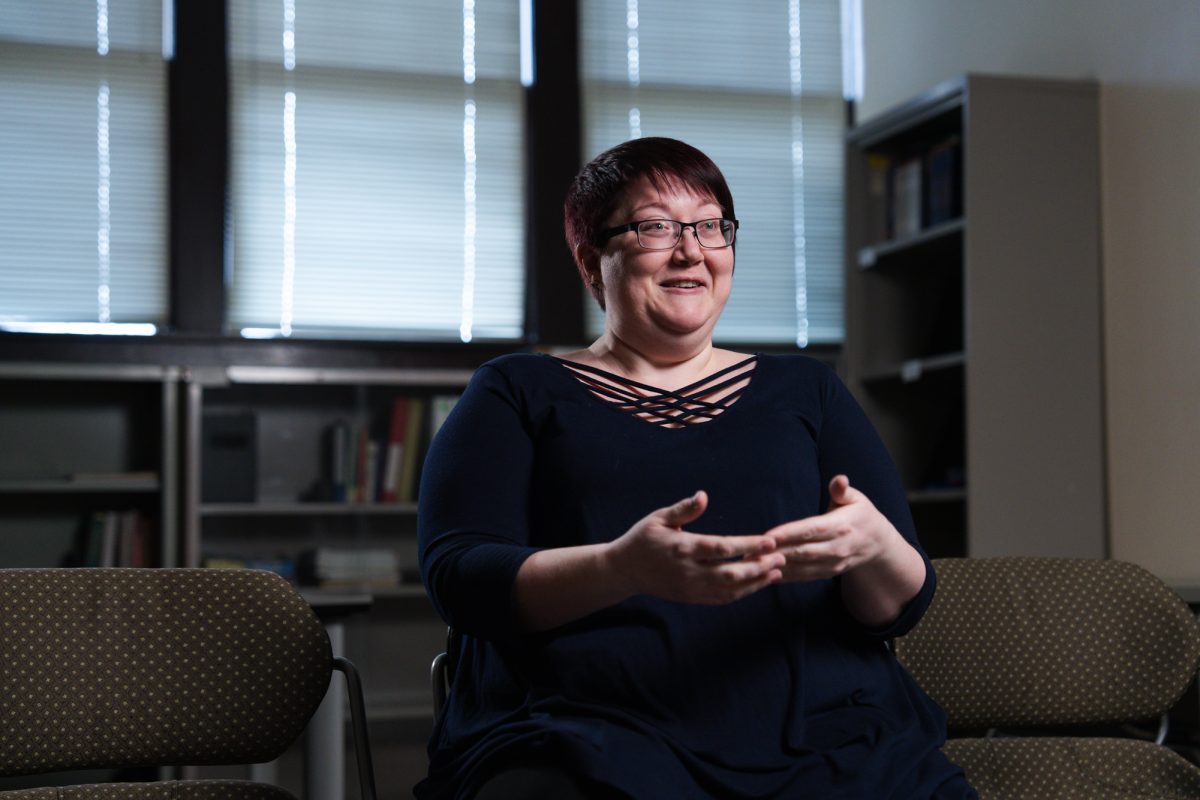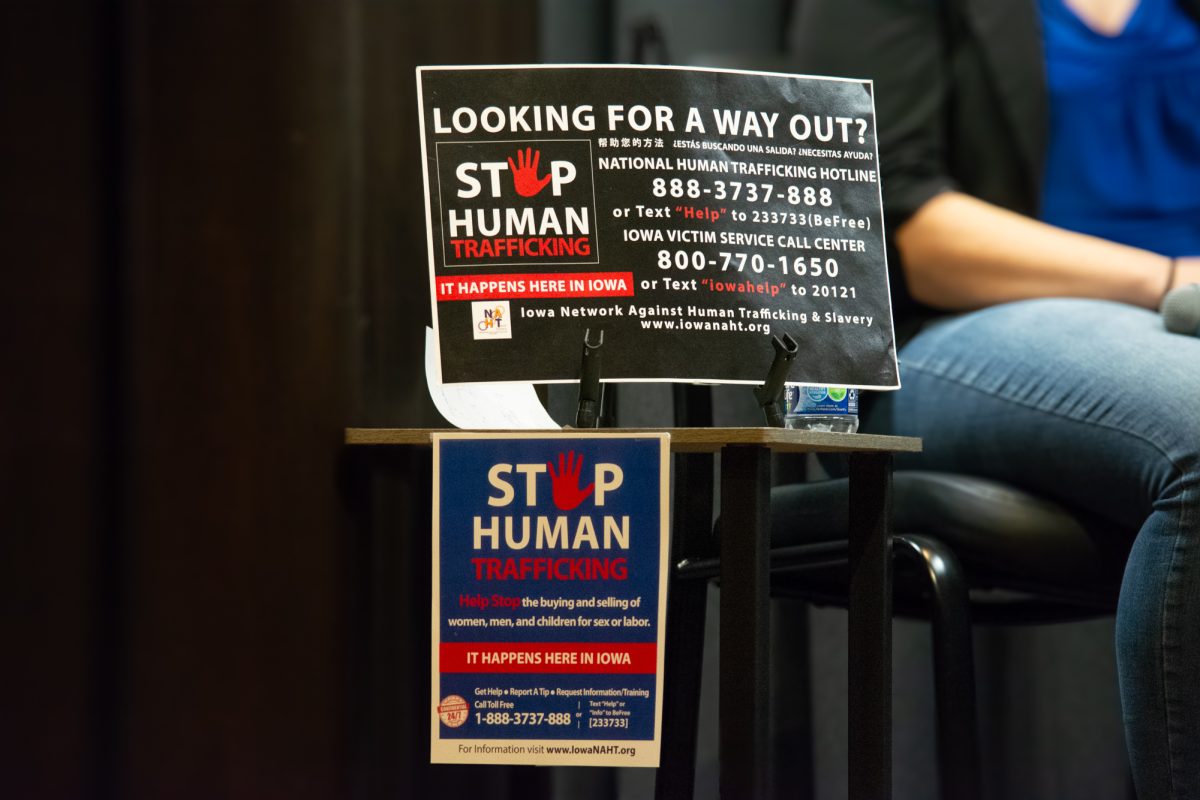Right side of 25
April 12, 2006
In an industry that is constantly looking for young faces, “over-the-hill” music artists have to work harder to gain the respect of record labels.
KT Tunstall, who shortened her name from Katie for a more edgy feel, broke the typical age barrier when she was signed by EMI.
When starting out in the music industry, however, Tunstall was turned down many times and given her fair share of negative attitude from record labels. A lot of the companies told her she was on the wrong side of 25, she said.
Tunstall, at 30 years old, doesn’t feel her age is a handicap to what she can achieve in the music industry. Instead, growing older has helped her to develop as a person and as a singer-songwriter.
“If I made this album when I was 25, it would not be near as good. I think the last five years of my life have been as important as any, if not the most informative years, musically,” Tunstall said. “With age comes belligerence. You become more stubborn. I also like to think I’ve become more open-minded. You get a perspective. You discover what it is you want out of life. It just simply would not make sense for me to go out and promote a gig I do not like.”
Her album “Eye to the Telescope,” which is a mix of pop, folk and blues, shows the diversity and unpredictability of her music and gives her a “reason to be on the planet,” she said.
“I want to get to a place where people aren’t expecting me to do a specific genre of music,” Tunstall said. “When somebody writes and performs the music, they’re not trying to be in a genre. I’m not trying to get into one. I’m not only going to put folk and pop tunes on an album.”
Tunstall’s “Black Horse and the Cherry Tree” has been placed on Billboard’s Hot 100 singles chart, has been featured prominently on mtvU and VH1 and has even won Britain’s prestigious Mercury Award.
Songs on “Eye to the Telescope” are based on Tunstall’s experiences in life and in a way are autobiographical.
“In songwriting, you give an impression of who you are and what you’re about,” she said.
Tunstall began playing piano and flute at an early age, eventually teaching herself to sing and play guitar.
“I never had any lessons on the guitar or voice, so it’s interesting to translate that my education was practically teaching myself – which is good, because when you teach yourself you can’t really do anything wrong,” Tunstall said.
“I started writing songs when I was around 15 and if I didn’t write, play and perform, I wasn’t happy and [was] frustrated. It was a very natural thing.”
Tunstall remains true to her British roots, using its landscape and the rich history of the country to inspire her songwriting.
If she wasn’t blossoming as a singer, she said she would prefer to stay home and have a garden.
“I find that open spaces and inspiring countryside figures more in my writing than city does. I’m not really a city girl – as much as I’d like to think I am – when I’m walking around London in my boots,” Tunstall said.
Although Tunstall has had huge success with her album, she said she misses living life without a set schedule and having time for herself.
“The biggest impact [success has had] is on my time. The one thing is [that I used to] have too much time on my hands. I even wrote a song about the frustration of not being busy,” Tunstall said.
“It’s a case of ‘be careful what you wish for’ because I don’t have any spare time now. I’d have to say the one downside of having success [is] you suddenly don’t have a social life anymore, and you really miss the relationships. You have to hope that people understand that you’ve disappeared for a few years.”
Tunstall said she hopes to travel in the future. She said it would depress her to think she was only going to stay in a narrow bandwidth of creativity.
“The most important thing to me is to not limit myself. [I want to] go out on a limb in what I do and keep challenging myself so people don’t expect something in particular from me,” she said.






